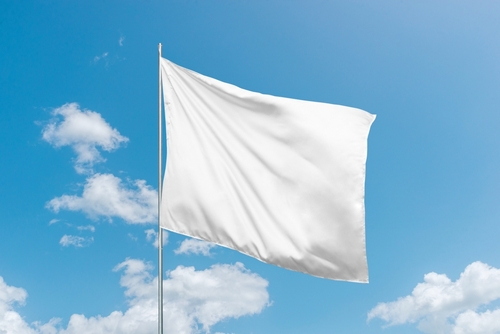
The AIDS Healthcare Foundation has begun running a print ad in an attempt to persuade drug giant Bristol-Myers Squibb to drop a print ad the foundation says is designed to “mislead and frighten” HIV/AIDS patients.
The full-page ad by Bristol-Myers shows magazines piled high on a toilet with the headline: “Living with HIV doesn’t mean you have to live here,” and also says: “Ask your doctor if there are HIV medications with a low risk of diarrhea.”
AHF said the ad was an attempt to recruit patients away from other manufacturers’ drugs to Bristol-Myers similar medications for diarrhea.
Officials at Bristol-Myers Squibb could not be reached for comment and it was unclear if the ads were still running.
The foundation countered with its parody ad last week, identifying it as a public service announcement. It used a similar image, but added the words: “We don’t give a crap how you live as long as you buy our drug!”
“We are hoping that BMS will consider the wisdom of running ads like this that interfere with doctor/patient relationships of what medications are best for patients in an effort to woo people to BMS’ drugs,” Ged Kenslea, a spokesperson for AHF said.
In August 2008, AHF sent a letter to James Cornelius, the CEO of Bristol-Myers Squibb relaying its concerns and requesting that the company stop running “these types of advertisements. AHF said that it had not received a response.
Several years ago, AHF ran a similar parody ad campaign targeting Abbott.
“Bristol-Myers Squibb’s ad is a blatant attempt to scare and mislead patients and interfere in the doctor/patient relationship in an attempt to intimidate patients into switching to BMS’ own HIV/AIDS drugs,” said Michael Weinstein, President of AIDS Healthcare Foundation. “AHF opposes such deceptive so-called ‘help-seeking’ advertising tactics.”
Last December, Bristol-Myers Squibb, which reported $20.6 billion in 2008 net sales, settled state charges that it unlawfully deprived consumers of cheaper generic versions of its drugs Buspar and Taxol. The firm agreed to pay $1.1 million to the states.
 Network
Network

